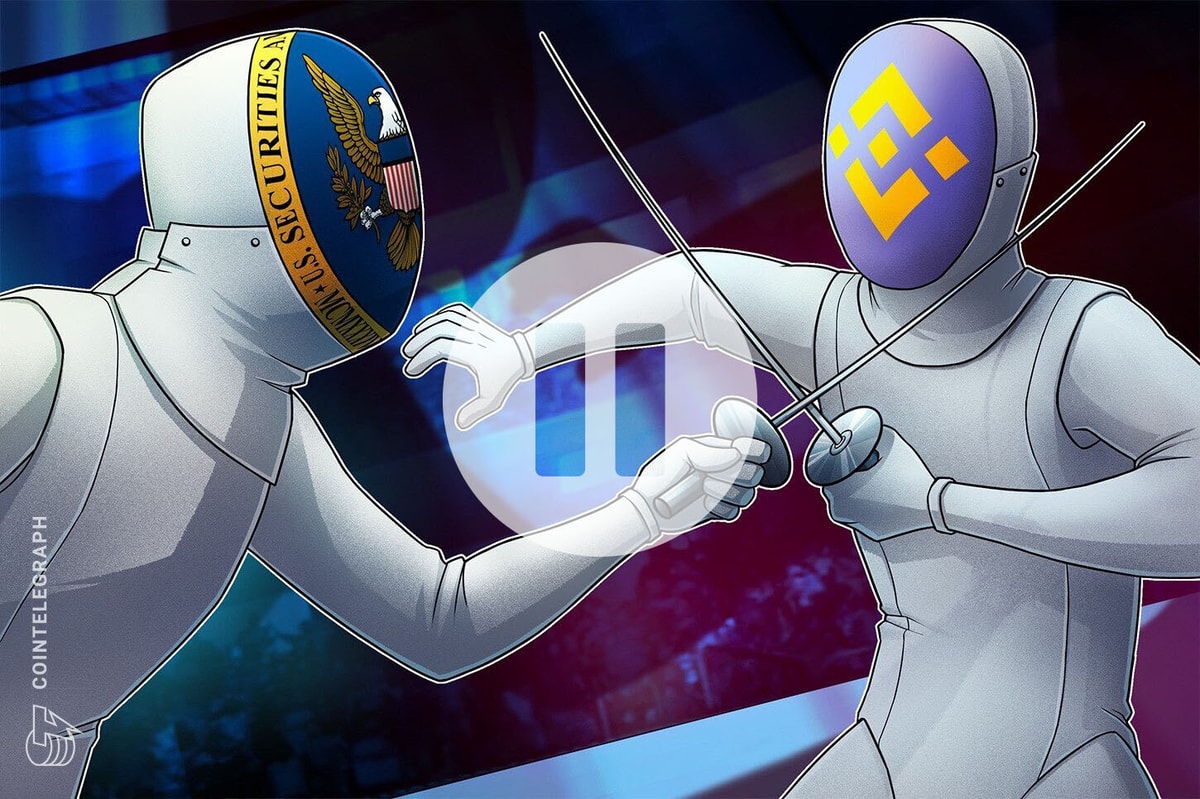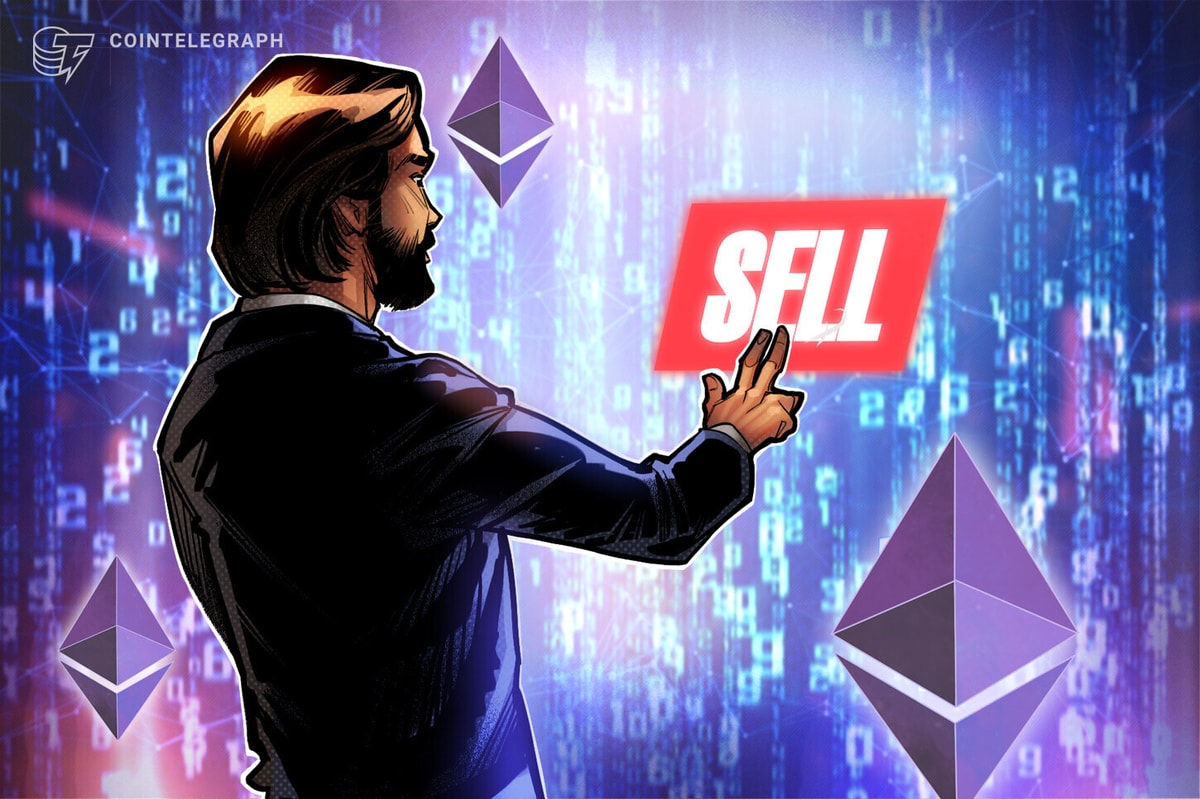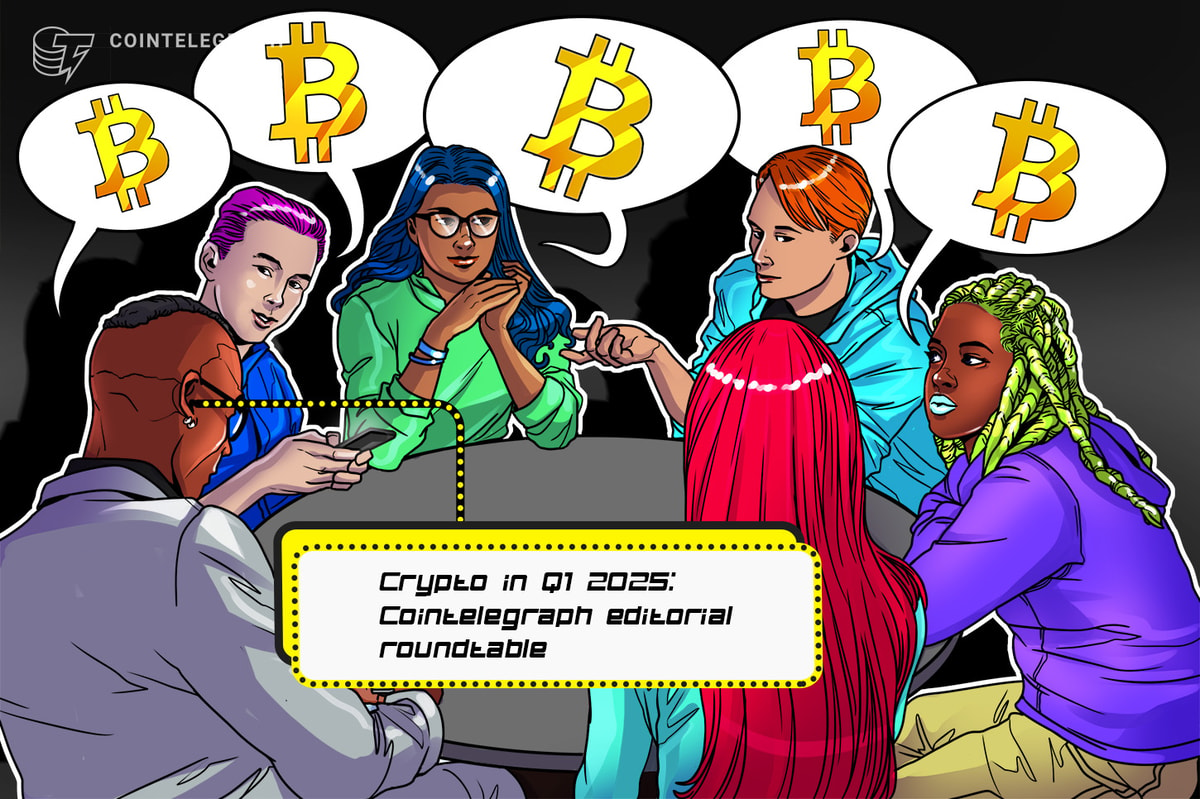Blockchain technology makes it difficult to cheat. Could music artists benefit from this feature? Cointelegraph talked to a number of experts to learn how the music industry could adapt to the rules of the digital age.
How Blockchain can help the music industry
Gabe Higgins, Founder of CryptoEdge Solutions and Tampa Bay Bitcoineers, says to Cointelegraph:
“Being a musician for almost two decades I've experienced the dramatic decline of the music industry in the digital age. When I discovered Bitcoin and learned about Blockchain technology, it immediately struck me as something which could revolutionize the music industry. Artists have been using the Internet to create new business models to sustain music careers but that is getting increasingly difficult too.”

With the advent of the Blockchain, Higgins can see artists building their fanbase by incentivizing them with a token asset which would gain value as the artists gained popularity. Feedback loops could be built, and many of the intermediaries could be removed, so that both the artists and the fan could benefit, rather than just the record companies. This would also build a stronger network of fans who would be more likely to stay with an artist throughout their career.
Higgins looks forward to the day when there is a marketplace of artist’s tokens being traded like commodities because that's what music is and should be valued in this way again.
Integrity and trust between strangers
“Blockchain technology is complex, but the idea is simple”, say Don Tapscott and Alex Tapscott in their piece for the Harvard Business Review about the vast, global distributed ledger or database running on millions of devices and open to anyone where information and anything of value – money, titles, deeds, music, art, scientific discoveries, intellectual property, and even votes – can be moved and stored securely and privately.
They write in the review:
“On the blockchain trust is established not by powerful intermediaries like banks, governments and technology companies but through mass collaboration and clever code. Blockchains ensure integrity and trust between strangers.”

Tools to simplify licensing and paying loyalties
As a decentralized system with no single entity controlling it, the technology is transparent for everyone to see its anonymized data with every transaction automatically time-stamped and with a unique ID. No exchange rates apply either, because cryptocurrencies are oblivious to borders.
PeerTrack, for example, uses an automated, Peer-to-Peer network specifically tailored for the music industry called MUSE. It is a membership organisation in the cloud specifically serving the music industry’s new ecosystem as a global database for copyrights, a means of payment for all music-related transactions as well as a tool to simplify the licensing of musical works.
This provides artists with transparent accounting, automatically separates royalty payments and also has the capability to allow the creation of Notes (tradable VIP passes, perks and privileges) to engage their fan base. It is also a retail store where the content creator sets their own price on all creative works for a 5% administration fee.
PeerTrack claims a good Apple’s iTunes deal has artists losing 40% for a download.
Jeremy Gardner, Co-founder of the Chairman of the Board Blockchain Education Network, says to Cointelegraph:
“The Blockchain leads to unprecedented accountability and responsibility, which is absolutely game-changing for the music industry and beyond. One of our portfolio companies, STEM, is changing the way artists receive royalty and streaming payments and beyond. ASCAP has been hurting artists for decades and the Blockchain has the potential to ensure more equal treatment for performers.”

New business models
Ujo is attempting to tackle two major problems. The first, echoing PeerTracks, is how money is distributed to artists and rights holders. The other is determining the ownership of a creative work, a convoluted structure when songs can have ten or more co-writers attached. That, in turn, makes licensing difficult.
Ujo is featured in Forbes’ list of top London startups for 2016.
Phil Barry of Ujo says on its blog:
“We in the music industry should be doing everything possible to make it easy for people to license music, because that is when you get new business models and new revenue opportunities which might benefit the music industry in the future.”
Artists themselves will be able to influence their tokens' value through a buy-back mechanism, using income from streams, sales, merchandise, tickets -- anything -- on the platform towards buying back their own tokens (increasing demand) and burning/destroying what was bought back (decreasing supply).











